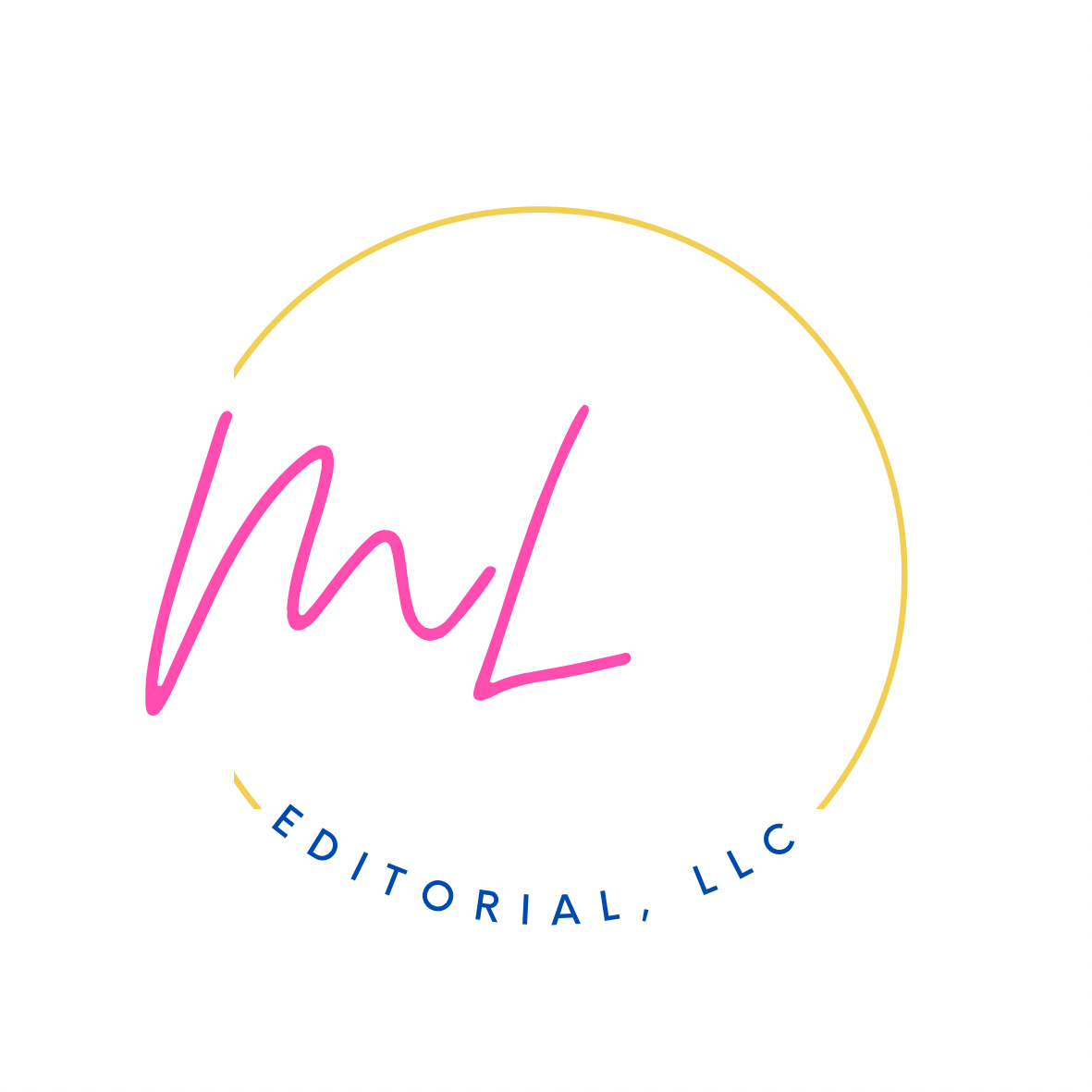3 Tips for Hiring an Editor
- Marcella Lopez

- Oct 31, 2023
- 4 min read

If you're thinking of hiring an editor for your writing, you're in the right place. In this article, I'll be giving a few tips for hiring an editor to help you navigate that process.
These tips are mainly for hiring a freelance editor, as my experiences are primarily in that arena (as a professional freelance editor and as a writer who has hired a freelance editor for my own writing).
Take Stock of What Your Manuscript Needs
Once you've written and edited your own work, you may be considering professional editorial services as your next step.
There always seems to be a point when you've written and edited all you can and wonder if it can be improved further.
Hint: an extra set of eyes can always help.
But before you dive in and hire someone off the bat, take a moment to think through what you think your manuscript needs the most.
First, what type of manuscript are you working on? Are you writing a first time memoir or nonfiction book and need help developing the story arc? Or a business document that mostly needs to be polished for grammar and conciseness? Are you working on an academic manuscript and need help formatting tables and double checking the style standards? Maybe you're writing a novel with characters in a group other than your own and think you may want an authenticity (a.k.a. sensitivity) reader to provide feedback. Is there anything in particular you are feeling uneasy about in the writing or want help on? Whatever it is, consider the areas that you'd like a professional review on.
Second, what level of editing do you need? Editing is not a one size fits all service. It can range from big picture structure (e.g., developmental editing) to checking the tiniest details of punctuation (e.g., proofreading). The Editorial Freelancers Association (EFA) has a page on their website that lists the types of editorial services out there if you'd like to check out the different editorial services for reference.
By acknowledging as objectively as possible where you are in the writing process and what type of editing you need, you'll be able to move to the next step in the process: researching some editors that can help you.
Research Editors
There are freelance editors out there for every genre and editorial service. I personally do copyediting and proofreading for nonfiction manuscripts (memoirs, business documents, healthcare articles, academic manuscripts in the social sciences, and related materials). I also do authenticity (a.k.a. sensitivity) reading for both fiction and nonfiction documents for topics related to Mexican American culture. And there are so many other types of genres and services that have great editors behind them.
There are different ways to find editors. It can be as simple as a Google search, or a targeted search on a professional editing group site, like the EFA or the Professional Editors Network (PEN). There's also good old fashioned word of mouth—asking around if people know any editors.
In my experience, people tend to find editors through a combination of these methods, especially if they show up in multiple search results. The key is to be as clear as possible on what skills and qualities you are looking for.
Some good categories to narrow your editor search include: the type of editing skill set you need (e.g., copyediting, proofreading); any particular content area (e.g., health, arts, business); if there's a fiction genre (e.g., science fiction, mystery); the type of material you are writing (e.g., blog, novel, short story); the age level you're writing for (e.g., adult, children, pre K-6, young adult); and if there is a particular style guide you are working with (e.g., APA, CMOS). These are common search functions on professional editing organization sites, for example.
Once you've identified a few that seem to meet your needs, reach out to the editors directly to see if they have availability and communicate what you are looking for (keep in mind the first part of this article on Taking Stock of What Your Manuscript Needs).
It is common for an editor to want to either have a phone conversation to discuss the project further or discuss it via email. Either way, communicate well and take it from there.
Find Someone You Feel Good Working With
In addition to the technical needs of the manuscript, it's also important to establish a good client/editor relationship. Sometimes it comes down to if you "feel" comfortable working with this person. This is an intangible that I think really important. Writers spend a lot of time writing and creating, so it's only natural you want to feel good working with someone and want to trust them to take good care of your manuscript.
I personally like to think of editing as a service to help writers polish their work. I want the client to feel good about the feedback provided and excited for the suggested updates to improve further.
Think of an editor as a good partner to help your writing along.
Hiring an Editor is a Worthwhile Investment
Finding the right editor can really take the quality of the manuscript up a notch. By simply having an extra set of (professional editing) eyes on the piece, your writing can shine even brighter. Hiring an editor can help propel you further toward your goals.
These are just a few tips for hiring an editor. While it's not meant to be a comprehensive guide, I hope that it is at least helpful to get you started.
To learn more tips and insight on the editing world, click subscribe and scroll down my home page to sign up for the latest updates :)
Happy Writing!





